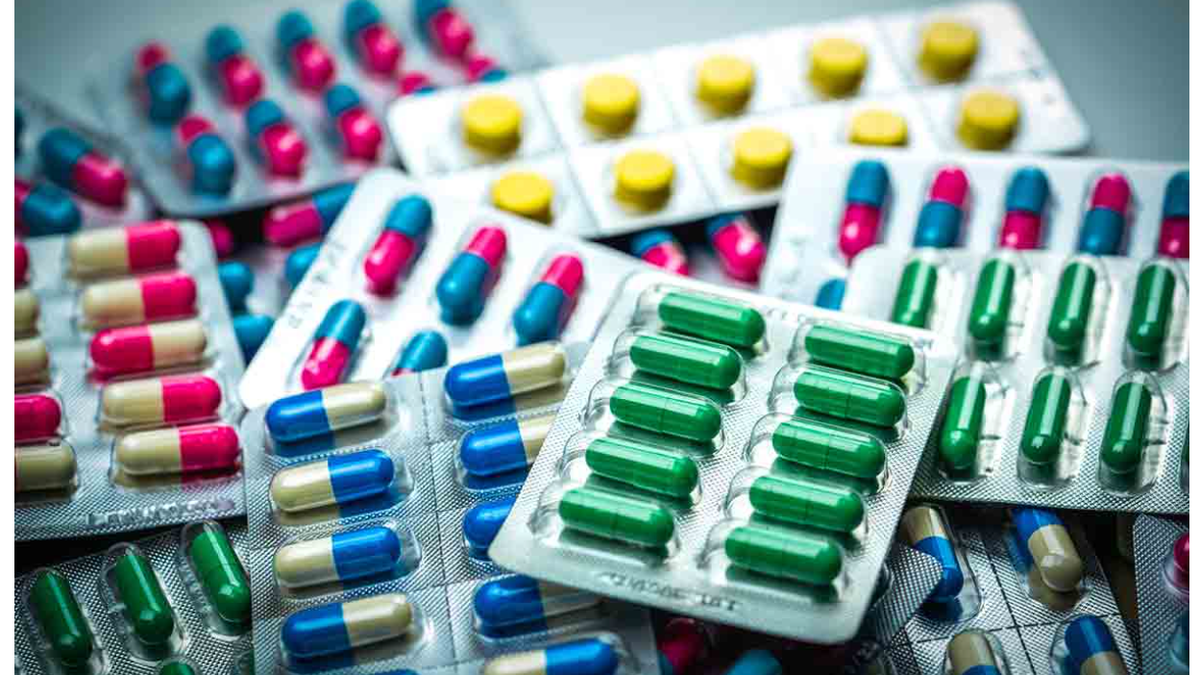Antibiotics have long been a cornerstone in the fight against bacterial infections. However, their misuse can lead to unintended consequences, especially on the human microbiome, which plays a crucial role in maintaining overall health.
What Is the Microbiome?
The human microbiome refers to the collection of microorganisms, including bacteria, fungi, and viruses, that reside in and on the human body. These microorganisms are particularly abundant in the gut, where they aid in digestion, synthesize vitamins, and support the immune system.
The Role of Antibiotics
Antibiotics are designed to kill or inhibit the growth of bacteria. While they can be lifesaving in treating infections, they are not selective. Antibiotics can disrupt the balance of the microbiome by killing beneficial bacteria along with harmful ones.
Consequences of Irrational Antibiotic Use
- Antibiotic Resistance: Overuse and misuse of antibiotics contribute to the development of antibiotic-resistant bacteria, making infections harder to treat.
- Disruption of the Microbiome: The elimination of beneficial bacteria can lead to a disrupted microbiome, which has been associated with a variety of health issues, including obesity, allergies, and autoimmune diseases.
- Increased Risk of Infections: A weakened microbiome may lead to an increased susceptibility to infections, including opportunistic infections by harmful bacteria and fungi.
Steps to Mitigate the Risks
- Judicious Use of Antibiotics: Antibiotics should be used only when prescribed by a healthcare professional and taken exactly as directed.
- Promoting Probiotic Intake: Consuming foods rich in probiotics can help restore and maintain a healthy balance of microorganisms in the gut.
- Ongoing Research and Education: Increased awareness and understanding of the microbiome can lead to more effective strategies to preserve it.
Conclusion
The irrational use of antibiotics poses significant risks to the human microbiome and, consequently, to overall health. Responsible use of antibiotics, combined with efforts to maintain a healthy microbiome, is essential for preventing the potential long-term consequences of antibiotic misuse.
Multiple-Choice Questions (MCQs):
- What is the human microbiome?
- a) A type of antibiotic
- b) A collection of microorganisms living in the human body
- c) A disease caused by bacteria
- d) A part of the immune system
- Answer: b) A collection of microorganisms living in the human body
- How do antibiotics affect the microbiome?
- a) They selectively kill harmful bacteria only
- b) They strengthen the microbiome
- c) They can disrupt the balance by killing beneficial bacteria
- d) They have no effect on the microbiome
- Answer: c) They can disrupt the balance by killing beneficial bacteria
- What is a potential consequence of antibiotic misuse?
- a) Improved digestion
- b) Increased antibiotic resistance
- c) Enhanced immune response
- d) Lower risk of infections
- Answer: b) Increased antibiotic resistance
- What can be done to help maintain a healthy microbiome?
- a) Overusing antibiotics
- b) Consuming probiotics
- c) Avoiding all bacteria
- d) Ignoring healthcare advice
- Answer: b) Consuming probiotics
- Why is it important to use antibiotics judiciously?
- a) To increase their potency
- b) To prevent the spread of infections
- c) To maintain the effectiveness of antibiotics and protect the microbiome
- d) To avoid dependence on medication
- Answer: c) To maintain the effectiveness of antibiotics and protect the microbiome
